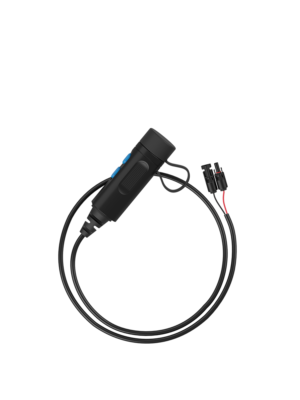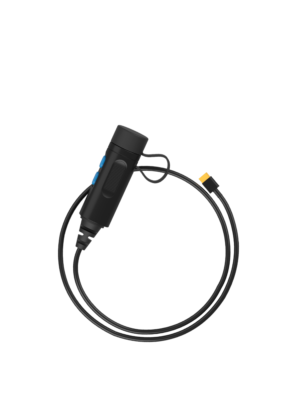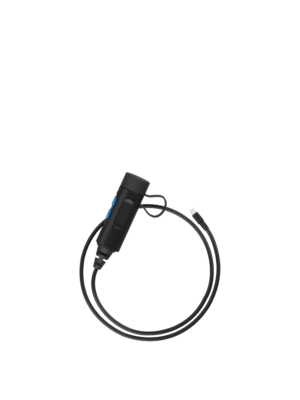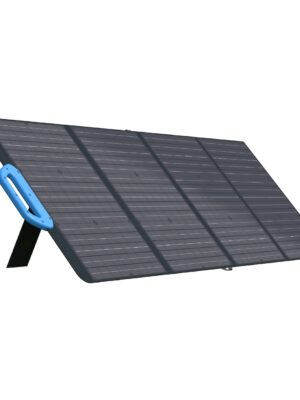State-Sanctioned Forced Disappearances in Venezuela
(Psst: The FTC wants me to remind you that this website contains affiliate links. That means if you make a purchase from a link you click on, I might receive a small commission. This does not increase the price you’ll pay for that item nor does it decrease the awesomeness of the item. ~ Daisy)
By Daniela Gonzalez
Forced disappearances, a haunting phenomenon that has plagued societies throughout history, have become alarmingly prevalent in my country. This silent epidemic, often perpetuated by state authorities, has left numerous families in anguish, unsure of the final fate and whereabouts of their loved ones.
The State endorsement and sponsoring of such crimes generates a climate of terror and impunity that emboldens perpetrators and silences victims.
With a sharp pain in my heart, I will do my best to delve into the forced disappearances in Venezuela.
Sure, there is a very serious investigation underway that should shed light on the human rights violations that have taken place, but that will take a lot of time—time we don’t have anymore. Sadly, examining prominent cases and discussing government accountability and justice for victims is taking far too long.
I intend to manifest that the warm response of the international community and organizations fighting against forced disappearances is a poor initiative. I would like to underline the crucial role of the media in raising awareness. By doing so, we hope to bring attention to this grave issue and contribute to the ongoing efforts to end forced disappearances in Venezuela.
This is not a new phenomenon. You are preppers, and you should be aware that it can happen anywhere, anytime.
History is there to prove it.
If I had told you in 2017 that you were going to have Venezuelan thugs on small motorcycles pillaging and killing women in the U.S., would you have believed it?…and yet, it is happening.
The implementation of a Police State or Martial Law will bring along an unspeakable chain of events that are very difficult to predict, but based on historical events, it is very likely that the disappearances will be one of the elements that anyone prepping for such a scenario must consider.
Historical Context of Forced Disappearances in Venezuela
To understand the gravity of forced disappearances in Venezuela, it is essential to examine the historical context in which they have occurred. Forced disappearances have been a recurring pattern in the country, dating back to the 1960s during the era of military dictatorships. During this time, political dissidents and activists were targeted by the state, leading to their arbitrary detention, torture, and subsequent disappearances. This dark chapter in Venezuelan history set a precedent for the normalization of such heinous acts, creating a culture of impunity that continues to persist today.
The Venezuelan State denies the existence of this practice despite the overwhelming evidence and the testimonies of victims and their families.
Victims’ families suffer a double torture: the uncertainty about the fate of their loved ones and the lack of justice.
Human Rights Violations in Venezuela
Forced disappearances are not isolated incidents but part of a larger pattern of human rights violations in Venezuela. Over the past two decades, the country has experienced a remarkable erosion of democratic institutions, resulting in a climate of repression and impunity.
There is no such thing as separate powers.
The government’s crackdown on dissent, arbitrary detentions, extrajudicial killings, and torture have become all too common. Human rights defenders, journalists, and opposition figures are particularly vulnerable to forced disappearances as a means to silence dissent and instill fear within the population.
Cases of Forced Disappearances in Venezuela
Tragically, there are numerous heart-wrenching cases of forced disappearances in Venezuela that highlight the extent of this epidemic. One such case is the one of Carlos Salazar, a retired engineer who was abducted on Feb. 5th, 2024, by supposedly state security forces.
This link picks up the date he disappeared and explains the abnormalities of his kidnapping.
He got some footage of one of the financial operators of Maduro’s regime, and he went to jail without giving him a chance. His family was looking for him all over the hospitals and morgues.
Finally, on Feb. 13th, they informed (non-officially) that he “had been detained.”
His only crime was to film the infamous Alex Saab, one of the lords linked to the looting of my country. He disappeared in Isla Margarita, reappearing after all this time in Caracas, in the jail El Helicoide.
There is another much more recent case: Lieutenant Ronald Ojeda, who was in Chile under the legal status of a political refugee under the protection of the Chilean government.
Ojeda was living in a city in Chile and supposedly was collecting funds for some NGOs inside the country’s borders. At 3 AM, a group of people already identified as conformed by Venezuelan agents posing as immigration officials wearing ballistic helmets and bulletproof vests, with Chilean identification on the gear went to his home and kidnapped him.
The captions of the CCTV are the only images left of L. Ojeda.
The real reason for this disappearance is very likely Ojeda Moreno’s former access to classified information that rendered him a liability.
Ojeda’s elimination is a very particular case: it violates Chilean sovereignty blatantly and nonchalantly. It is almost a fact that this was a concerted operation between both groups, indeed. The leftist Chilean president is part of the conspiracy because there are many former members of the armed forces of Venezuela in this country. Remember how violent the intervention of Venezuelan thugs sent by Nicolas back in 2019 was. They were sent there as shock troops against the right-wing government of President Piñera. There is no other explanation for such violent actions.
To finish, we have one of the most regrettable cases: Captain Anyelo Heredia.
Cap. Anyelo is a 38-year-old Venezuelan military officer who conspired to denounce gasoline and rubber trafficking in Táchira and was tortured and imprisoned in Ramo Verde prison on charges of treason. There he coincided with the opposition leader Leopoldo López. After two terrible years in the maximum security prison, Heredia staged an epic escape to Caracas, ending up months later in Bogotá. Sadly, he would be captured again later. Nowadays, he’s again captured and in a wheelchair, a product of the repeated tortures he suffered.
The reason for his imprisonment was that he messed with a much more powerful head of the Venezuelan Hydra controlling the fuel and tire trafficking: Christopher Figuera…who lives the good life peacefully in the U.S. as a “refugee,” after all the victims he left behind as the former chief of Intelligence within the Nicolas regime.
These three cases are just a glimpse into the countless stories of individuals who have disappeared without a trace, leaving their families in a perpetual state of anguish and uncertainty.
International Response to Forced Disappearances in Venezuela
The international community, happily, has not turned a blind eye to the forced disappearances occurring in Venezuela. Human rights organizations like Amnesty International and Human Rights Watch, have documented and condemned these violations in their reports.
Governments around the world, including the United States and the European Union, have imposed sanctions on Venezuelan officials responsible for human rights abuses. International tribunals and courts, such as the International Criminal Court (ICC), have also initiated investigations into these crimes.
One of the organizations protecting Venezuelans is the Venezuelan Program of Human Rights Education and Action (PROVEA). PROVEA has been at the forefront of documenting and denouncing human rights violations, including forced disappearances.
Accountability and justice for the victims of forced disappearances in Venezuela have been elusive. The government has consistently denied its involvement in these crimes, often resorting to a culture of impunity and the manipulation of the justice system. The lack of an independent judiciary and the erosion of democratic institutions have hindered the pursuit of justice. However, the ICC is already investigating and on a relentless path to justice.
The Role of Media in Raising Awareness about Forced Disappearances
Media plays a crucial role in raising awareness about forced disappearances in Venezuela, considering the limited freedom of expression within the country. Independent journalists and media outlets face numerous risks and threats while reporting on human rights violations. However, through their courageous reporting, they shed light on these disappearances, amplify the voices of victims’ families, and bring international attention to the issue. Social media platforms have also become invaluable tools for disseminating information and mobilizing support. Journalists and media organizations must be supported and protected to continue their vital work in exposing the truth and advocating for justice.
Governments must hold Venezuelan authorities accountable for their actions and impose targeted sanctions on human rights violators!
The international community must maintain its pressure on the Venezuelan State to cease this atrocious practice and bring justice to victims and their families. Only then can a future of peace and respect for human rights be built in Venezuela.
What are your thoughts on forced disappearances?
Does it surprise you that a government would do such a thing to its citizens? Do you know of any similar cases in the United States or your own country if you aren’t American? Would you expect similar actions here?
Share your thoughts in the comments section.
About Daniela
Daniela Gonzalez is a student of history at the Universidad Central de Venezuela in Caracas.
Please Support Our Sponsors
Solar Power Generator Discounts Along With Free Shipping
- 10% OFF for Jackery Solar Generator 2000 Pro Series with code "JADEAL"
- 10% OFF for Jackery SolarSaga 200W Solar Panel with code "JADEAL"
- 10% OFF for Jackery Solar Generator 1500 Series with code "JADEAL"
- 10% OFF for Jackery Solar Generator 1000 Series with code "JADEAL"
- 10% OFF for Jackery Explorer 1500 Portable Power Station with code "JADEAL"
- 10% OFF for Jackery Explorer 1000 Pro Portable Power Station with code "JADEAL"
- 10% OFF for Jackery Explorer 500 Pro Portable Power Station with code "JADEAL"
- 10% OFF for Jackery Explorer 300 Pro Portable Power Station with code "JADEAL"
- 10% OFF for Jackery SolarSaga 100W Solar Panel with code "JADEAL"

The University of Georgia is represented by the Georgia Bulldogs . The Bulldogs participate in the Southeastern Conference's (SEC) Eastern Division of the NCAA.
They play their home games in the storied Sanford Stadium in Athens, Georgia. The first season in Georgia was in 1892. In 1942, 1980, and 2021, the Georgia Bulldogs won three national championships.
The Georgia Bulldogs have additionally been crowned the National Champion in four additional seasons by at least one polling organization (1920, 1927, 1946 and 1968).
The Georgia Bulldogs are tied for second place in conference history with their 15 conference titles, including 13 SEC titles, and their 59 bowl appearances, which ranks second all-time.
In addition, the program has produced five top picks in the National Football League (NFL) draft, two Heisman Trophy winners, numerous winners of various national honors, and many others.

Longhorns football represents the University of Texas in Austin often known as Texas, UT or the Texas Longhorns. The Longhorns represent the Big 12 Conference in the NCAA Division. They play in Austin, Texas, at the Darrell K. Royal-Texas Memorial Stadium.
The Texas Longhorns are ranked third and seventh, respectively, in terms of all-time wins and win-loss records, with over 900 victories and an overall win-loss percentage of.705.
The legendary program also boasts four national titles, 32 conference titles, 100 First Team All-Americans, and two Heisman Trophy winners.
Get your Texas Longhorns Revival T-Shirt today. The Texas Longhorns Rustic Revival shirt is also a fan favorite.
Many college sports fans like to wear their gear all around town, get your Texas Longhorns Centered gear and show your support.




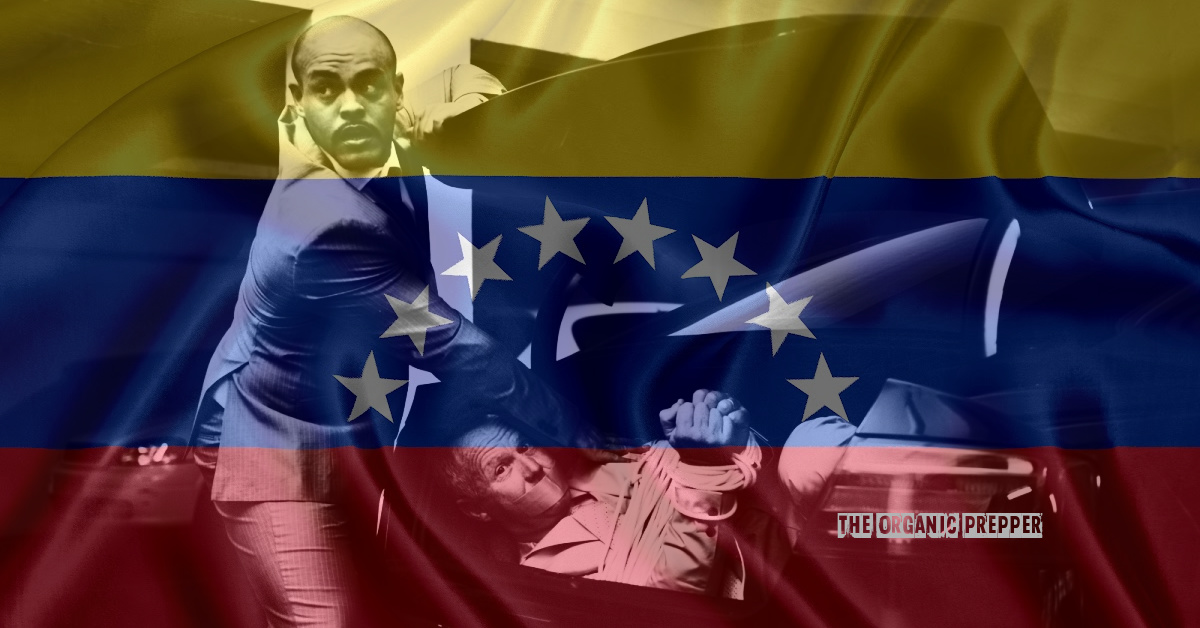
 Gettr
Gettr







